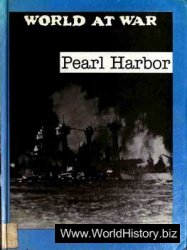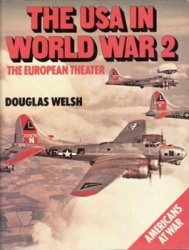Two super-powers, Soviet Russia and America, emerged from
the havoc. They were not evenly matched. Soviet Russia had dispelled
doubts about the survival of her army, her industry, her
population, and above all her political and social system. For
a long time during the course of the war she had borne the full
weight of the enemy on her own. She was compensated by two
kinds of expansion. She was the only one of the Great Allies to
gain in this way from the war. On the one hand she annexed the
Karelian Isthmus from Finland, the Baltic states, Lithuania, the
formerly Polish sections of Bielorussia and the Ukraine, Ruthenia
from Czechoslovakia, Bessarabia and North Bukovina from
Rumania, Koenigsberg and East Prussia, the Kurile Islands, the
southern part of Sakhalin, the port of Dairen and Port Arthur.
On the other hand, she had acquired new allies with the help of
her army and of local communist parties. In Europe her influence
extended up to the Elbe and Vienna, in Asia to Manchuria
and North Korea and Northern Iran. She would have




 World History
World History









